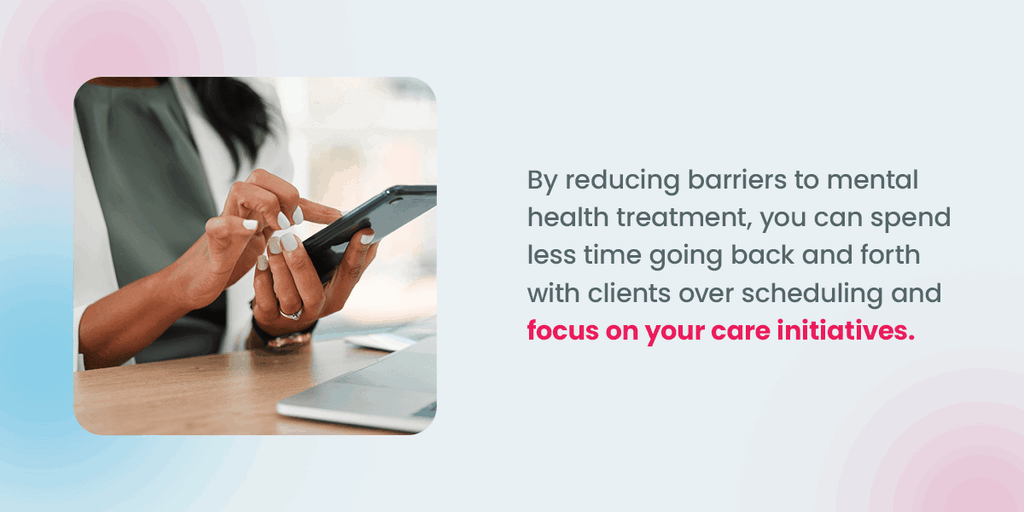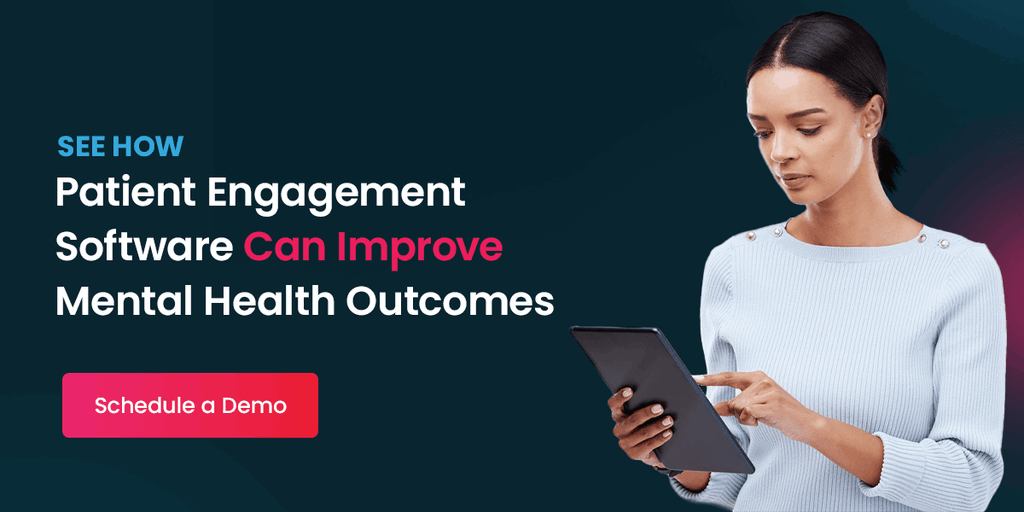What Are Social Determinants of Health (SDOH)?
Social determinants of health (SDOH) are the social, personal and environmental conditions where people are born, grow up, learn, work, play and age. SDOHs are also referred to as nonmedical factors that influence health outcomes because of their direct impact on a person’s functioning, health and quality of life. There are five SDOH categories:
- Economic stability
- Education access and quality
- Health care access and quality
- Neighborhood and built environment
- Social and community context
Social determinants of health can significantly contribute to health outcomes and disparities. According to the World Health Organization, SDOH can account for up to 55% of health outcomes.
For example, individuals who lack access to nutritious foods and physical activity opportunities are at an increased risk of certain health conditions like obesity or diabetes. Alternatively, those who live in environments with polluted water and air may experience adverse health outcomes even if they do eat a balanced diet and get regular exercise.
SDOHs can also impact an individual’s education, language and literacy skills and early childhood development, which can directly influence their employment and job security in adulthood. A lack of quality job opportunities can elevate financial instability, food insecurity and access to affordable health services.
Poverty and discrimination are other examples of SDOH that can prevent health equity by limiting access to safe housing and transportation. Racism is an interpersonal and systemic social determinant of health, which can have a profound effect on how money, health care and social support resources are distributed in communities. These conscious and unconscious biases can create many barriers to mental and behavioral health treatment.


